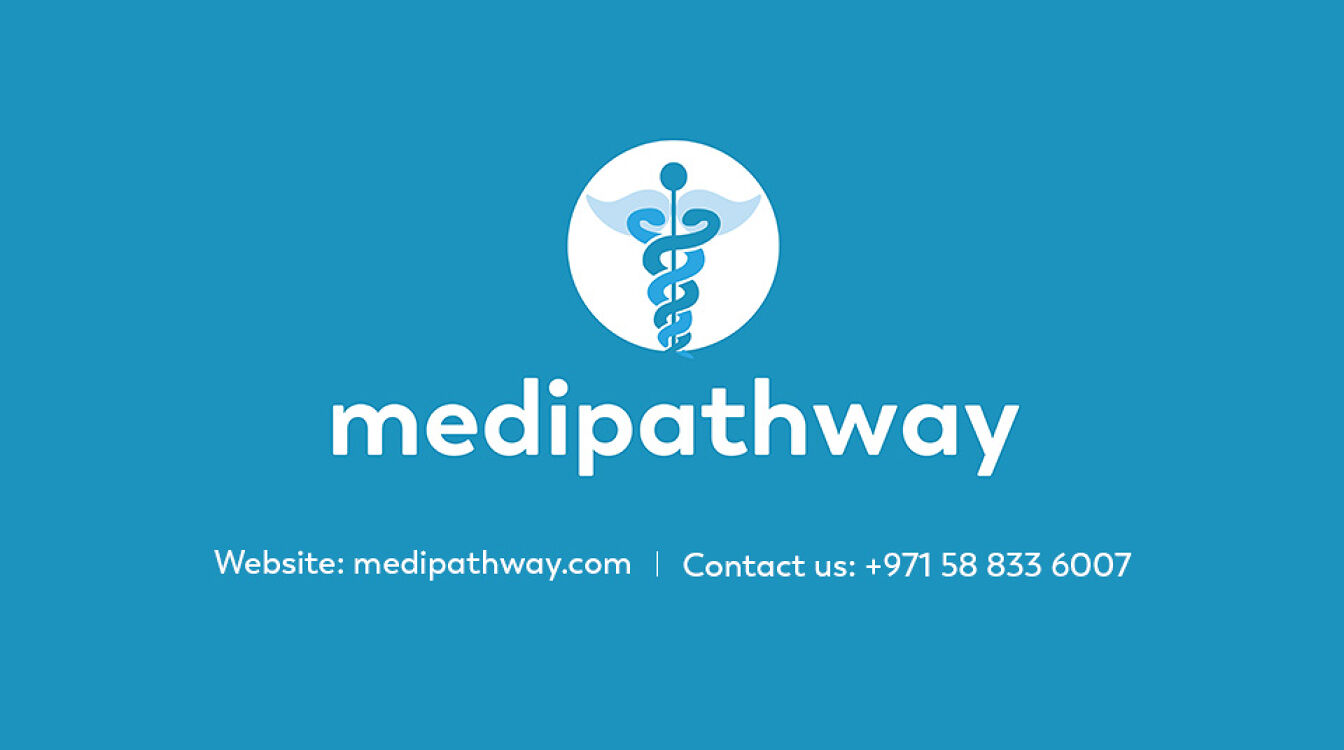Meipathway: Benefits to Get Admission to Medical Schools in the UK
So you’ve done well in your GCSEs, scored a high BMAT or UKCAT score, and are considering applying for Medicine. It’s important to remember that this is a very competitive course and not everyone will get in.
Admissions are based on many different components including academic performance, Personal Statement, and work experience. They will also consider a range of extracurricular activities and volunteering.
1. Affordability
There are several factors to consider when choosing the right medical school for you. These include the cost of tuition fees and living expenses, which can vary considerably. Additionally, you’ll have to factor in the time commitment of a degree program which can range from 5-6 years for an undergraduate degree to 4-6 years for a graduate entry degree.
Medical schools in the UK typically have more stringent requirements for applicants than their US counterparts. In addition to a high-quality academic record, you’ll need to pass one of the UK Clinical Aptitude Tests (UKCAT), BioMedical Admissions Test (BMAT), or the Graduate Medical School Admissions Test (GMAT). Additionally, many schools use your Personal Statement in various ways; Nottingham, for instance, uses it alongside your UCAT score to settle tiebreaks in interviews, while UCL uses it in a more holistic manner.
2. Expansion of knowledge
In the UK, students usually begin medical school after secondary education. Upon graduating, they earn a bachelor’s degree in medicine, known as a Bachelor of Medicine and Bachelor of Surgery (MBBS or MBChB).
They must also pass one of three admission tests: the UKCAT, BMAT, or GAMSAT. They are required to complete a number of core science subjects and gain experience in everyday clinical tasks.
Medical schools have different styles of teaching. Some use problem-based learning while others have lecture-based lessons supplemented with tutorials and supervision. Typically, medical school applicants are invited to interview. This is done through the Universities and Colleges Admissions Service (UCAS). Applicants can select up to five schools for their applications and can choose to include another discipline in their fifth spot.
3. Career opportunities
There are many different careers available for medical students, so don't feel pigeonholed. Depending on your degree subject, you could go into cardiology, psychiatry, surgery, or teaching.
In the UK, most students enter medical school directly from secondary education, bypassing an undergraduate college degree. However, if you have excellent grades in A-Levels but don't have the required science courses, there are options for you such as a Preliminary Year.
While work experience is not a necessary application requirement for all medical schools, it's important to pursue opportunities in order to strengthen your CV. You can gain practical experience through a variety of clinical placements as well as through intercalated degrees that take you out of your medical degree for a year to study a different subject.
4. Internships
During your medical schooling, you’ll have many opportunities to complete internships in different hospitals. These placements can help you build your CV and gain work experience, which will be an asset when applying for jobs.
Admissions officers are looking for a range of experiences, preferably long-term, that demonstrate an interest in the welfare of society as that is what healthcare is about. Volunteering is a great way to achieve this and you can do it during holidays, over the course of your study, or even during a gap year.
Once you have completed the application process and your grades are confirmed, you’ll be invited for an interview. This will either be a traditional/panel interview or the Multiple Mini Interview (MMI). The MMI consists of about 10 stations, with each station focusing on a specific area, such as your personal statement, academic profile, empathy, and communication skills.
5. Personal development
Being a doctor is considered to be a noble career choice, but it can also be demanding and stressful. This is why it’s important for medical students to take steps to develop their personalities outside of the classroom and make sure they have the right characteristics for the job.
One way to do this is through work experience. While work experience is not a requirement for admission to medical school, it can help students stand out. This includes shadowing, where they follow doctors around a hospital or clinic to gain hands-on experience in a professional setting.
In addition, many medical schools hold interviews for applicants. These may include a traditional interview or multiple mini-interviews (MMI). MMI interviews often involve acting out a scenario with an actor to evaluate empathy and communication skills.




Comments
Post a Comment